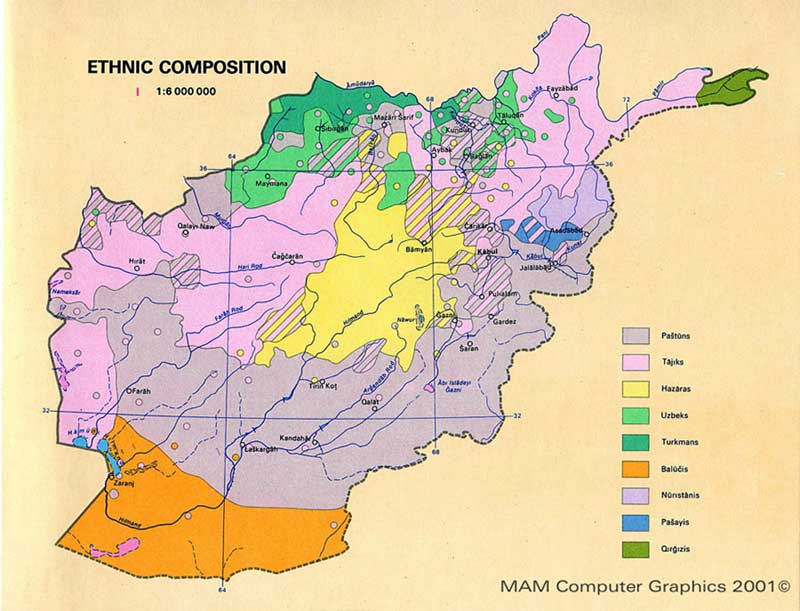- 03/08/12
Whilst it is easy, from a Western perspective, to concentrate almost exclusively on the issue of the Taliban, other factors will have a strong effect on whether Afghanistan can become peaceful and stable after the exit of coalition troops.
 |
| New York Times graphic from 2009 showing areas of Taliban control |
This week, Russian President Vladimir Putin
spoke
on Afghanistan. He said that NATO should finish the job they started, as he
critiqued the plan to pull out coalition troops by 2014. Russia is concerned
that a premature exit by coalition troops will have a destabilising effect on
central Asia, something that the Russians do not want on their southern border.
This is not an issue which is often discussed in the Western media, which is more
interested in covering stories about Helmand and Kandahar, areas in the south
of the country where the Taliban are most active. The north of Afghanistan is
normally characterised as being far less problematic because the Taliban have
less influence there (as
this graphic from the New York Times shows ).
Indeed, some areas of
the north never fell under Taliban control during the civil war and were held by
the Northern Alliance (an umbrella term used after 1996 for groups resisting
the Taliban and led by leaders such as Dostum and Massoud).
This lack of focus on the northern areas could be dangerous,
because although the Taliban pose much less of a threat there, other problems
in the region threaten to cause serious damage after the coalition leave.
Tajikistan has already, this week,
suffered
the worst violence since the end of their civil war in 1997, as the government
launched a military operation against insurgents. This is the direct result of
the flow of opium coming from Afghanistan, and destined for consumers in Russia
and Europe, which fuels and funds violence in Tajikistan. There is a serious
concern that this violence could affect Afghanistan as well. A chief of police
near the border between the two countries
has
recently been arrested on suspicion of helping those fighting against the
government in Tajikistan. The worry is that the exit of coalition troops will
allow for more corruption and the encouragement of the drugs trade by people in
power in Afghanistan, undermining stability and development.
 |
| Afghanistan has a large number of diverse ethnic groups |
Another problem that could return to the surface is ethnic
discrimination. Northern Afghanistan is home to a wide variety of
ethnic groups, including Uzbeks, Turkmens, Tajiks, Hazaras and Pashtuns. As
coalition troops leave, there could be increased scope for ethnic disputes,
especially if they are fuelled by the relevant neighbouring countries, which so
often get involved in Afghanistan’s internal affairs (Uzebekistan has close
ties to the Uzbeks, the Iranians support the Hazaras etc.)
The Minority
Rights Group International already reports increasing ethnic tensions
between Hazaras and the nomadic Kuchis travelling over their land. Relations
between Pashtuns and the other ethnicities in the north have often been
extremely difficult. Massacres which occurred during the Afghan Civil War
(such as the killing of
Hazaras in Mazar e Sharif by Taliban forces) are not easily forgotten. There
have been
reports since the
American invasion of ethnic discrimination and violence. In Ignatieff’s book
‘Empire Lite’, he highlights how often in Afghanistan, disputes between Afghans
are resolved because of the American man sitting in the corner of the room.
Everyone knows that if they violate an agreement or go back on their word that
American man can call in the vast airpower of the United States as a punishment.
The problem is that when the Americans leave, what will ensure that violence
and discrimination between different groups in Afghanistan does not re-emerge?

